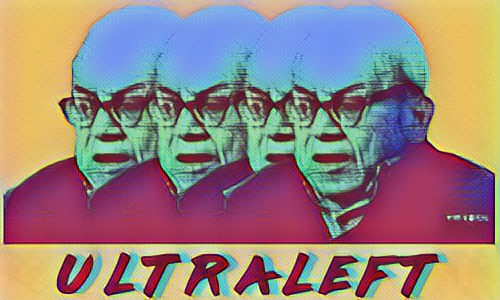Plaza Politics
We no longer fully appreciate how essential urban squares (plazas) are for facilitating a civilized exchange of opinions and divergent points of view. This was, indeed, the essence of the ancient Greek agora, crucible of democracy. It was, “the constant resort of all citizens, and it did not spring to life on special occasions but was the daily scene of social life, business and politics.” It was a combination of marketplace and park, a center for teaching and for gossip, for recreation and for religion, for entertainment and for public demonstrations.
The Greeks were proud of the public dialogue on the agora, and attributed to it their unique, democratic form of government. As Thucydides said: “Our citizens attend both to public and private duties, and do not allow absorption in their own various affairs to interfere with their knowledge of the city’s. We … decide or debate, carefully and in person, all matters of policy, holding, not that words and deeds go ill together, but that acts are foredoomed to failure when undertaken undiscussed.”
During the Middle Ages across Europe hundreds of new towns were founded. At the heart of each was a well-defined, multi-functional marketplace that guaranteed a charter of self-government and a democratic city government. Urban life and civic engagement flourished.
What should stand out as a matter of vital importance is that these cities created the public domain. There, in the agora of the Greek democracies, the forum of the Roman republic, the town center of the medieval commune, and the plaza of the Renaissance city, citizens could congregate. To one degree or another in this public domain a radically new arena – a political one – emerged, based on limited but often participatory forms of democracy and a new concept of civic personhood, the citizen.
Murray Bookchin introduces provocative ideas about the nature of community and what it means to be a fully empowered citizen. He believes that the tensions that exists between rural and urban society can be a vital source of human creativity, thereby defining a new, richly imaginative politics which can help us recover the power of the individual, restore the positive values and quality of urban life, and reclaim the ideal of the city as a major creative force in our civilization. What is envisaged is an environmentally oriented politics, a new ecological ethics and a citizenry that will restore the balance between city and country and, ultimately, between humanity and nature.
The city at its best is an eco-community. Urbanization is not only a social and cultural fact of historic proportions; it is a tremendous ecological fact as well. We must explore modern urbanization and its impact on the natural environment, as well as the changes urbanization has produced in our sensibility towards society and toward the natural world. If ecological thinking is to be relevant to the modern human condition, we need a social ecology of the city.
It is time to develop a concept of the city in those participatory terms that are uniquely characteristic of all 'ecosystems'. It is time to relate ecology's participatory sensibility to the city in all its forms over the course of history, partly to show that the city was a social eco-community at various times insofar as it fostered diversity, mutualism, and connectedness.
The plaza is an exercise in the ultimate participatory sense of place. From plazas will rise a new sense of citizenship as we participate in the life of the city and it’s many points of convergence.




Comments
Post a Comment